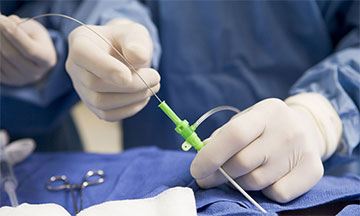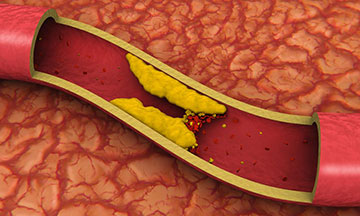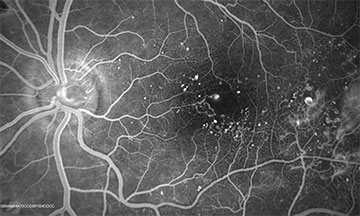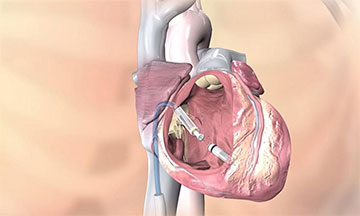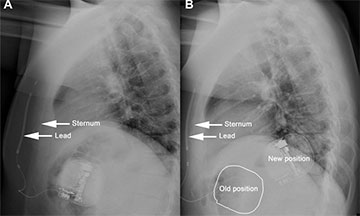Radiofrequency is a low power, a high-frequency energy that causes a tiny region of the heart near the tip of the catheter to increase in temperature or ablating / cauterizing a small area of abnormal tissue. Radiofrequency energy has been used by the doctors to cut tissue or to stop bleeding. a much lower power of radio-frequency energy is used for the treatment of palpitations.
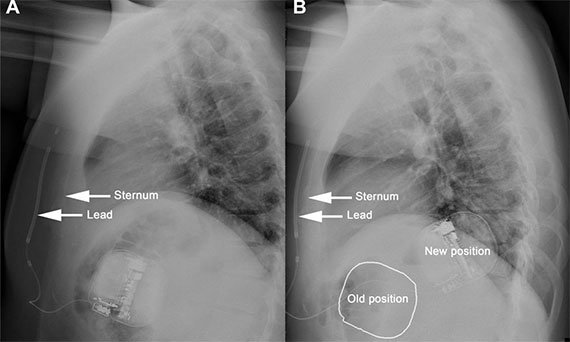
Electrophysiology Study & R.F.Ablation
To study the heart’s electrical system, a special type of heart catheterization performed called An Electrophysiology Study & Radiofrequency Ablation. It helps to determine the rhythm and beat of the heart and to know the best treatment for the patient. It also helps to discover the originally caused the heart arrhythmia.
